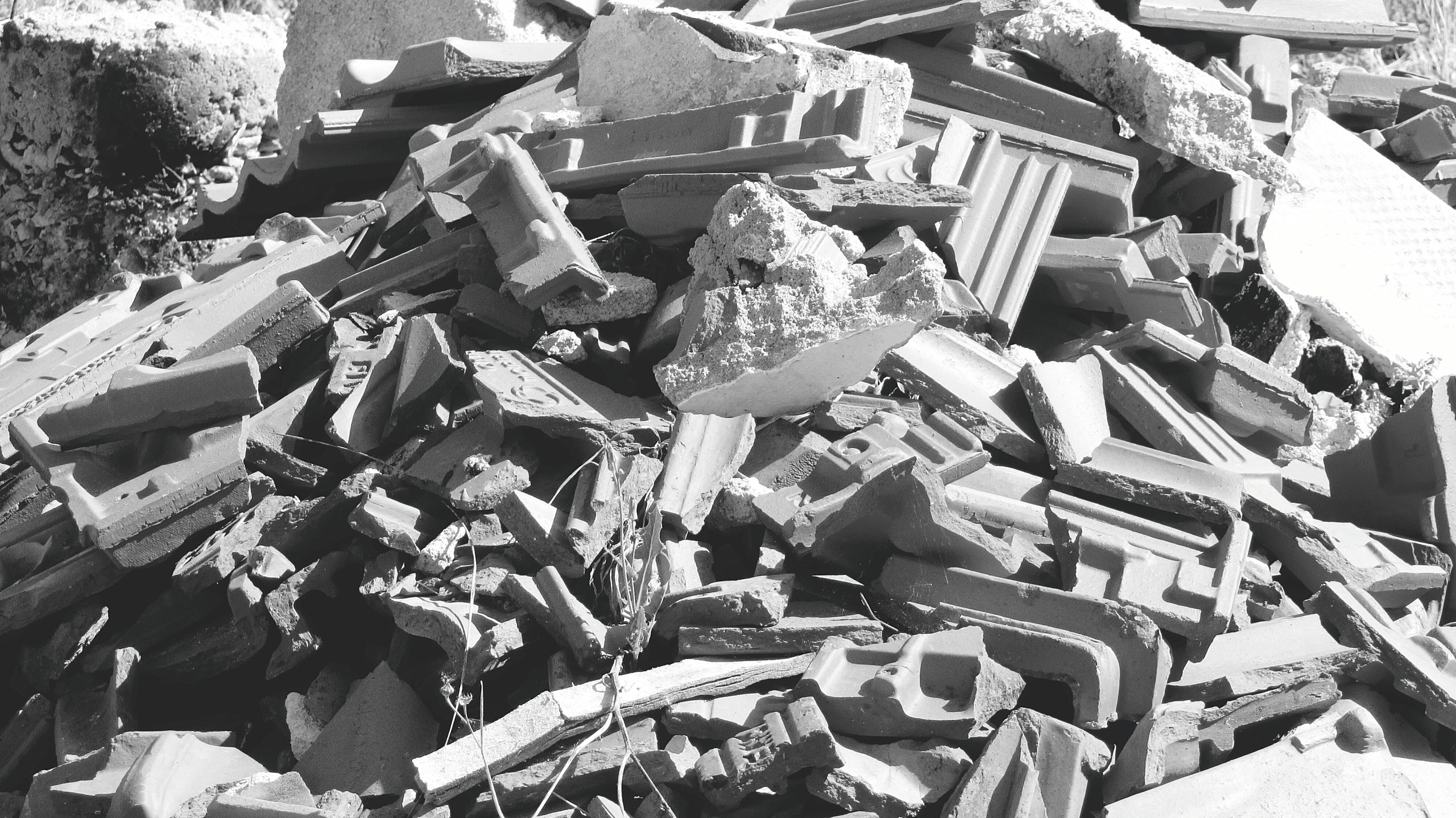Maximum Efficiency, Minimum Waste for a Sustainable World
At Caracal Engineering, we’re shaping the future, today. With an environmentally conscious approach, our mobile crushing and screening machines don’t just manage waste; they transform it into valuable resources.
To be among the global brands by producing eco-friendly and user-friendly products by considering the quality and price balance in international competition
To fulfill our responsibility towards our employees, customers and humanity in the best way possible with environmental awareness
We don’t just build machines; we build a cleaner future. Every solution we design carries our respect for nature and our commitment to people.
Why Choose Us?
At Caracal Engineering, we don’t just build machines we create recycling solutions for a cleaner world. With precision-focused technology, we transform construction waste into reusable materials. Our systems are built for efficiency, durability, and environmental responsibility. For us, sustainability isn’t a trend it’s a long-term promise. Every machine we produce reflects our mission to reduce waste and reshape the future of recycling.

Excellence in Every Process: Feeding. Crushing. Screening.
At Caracal Engineering, we lead in every stage of the recycling process. Our feeding systems provide consistent, uninterrupted material flow. Our screening solutions ensure precise separation for cleaner results. And our crushing technology offers powerful, efficient performance for even the toughest materials. Each machine reflects our commitment to quality, reliability, and environmental responsibility without compromise.
